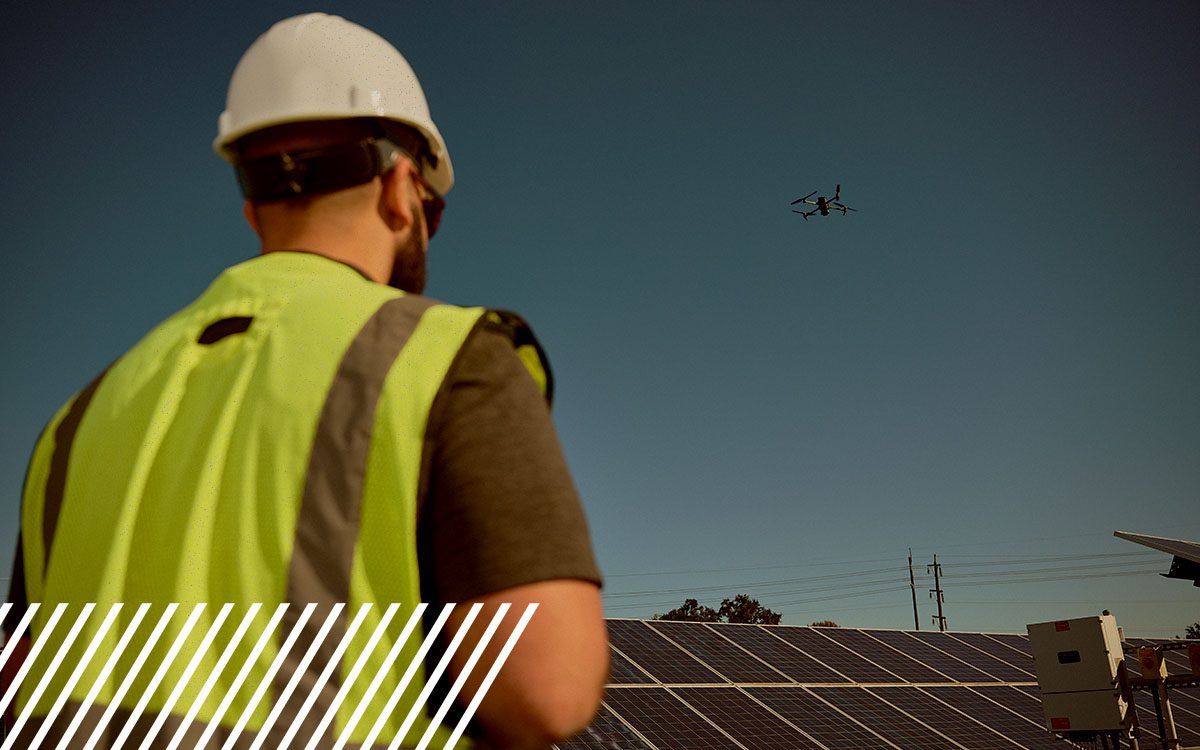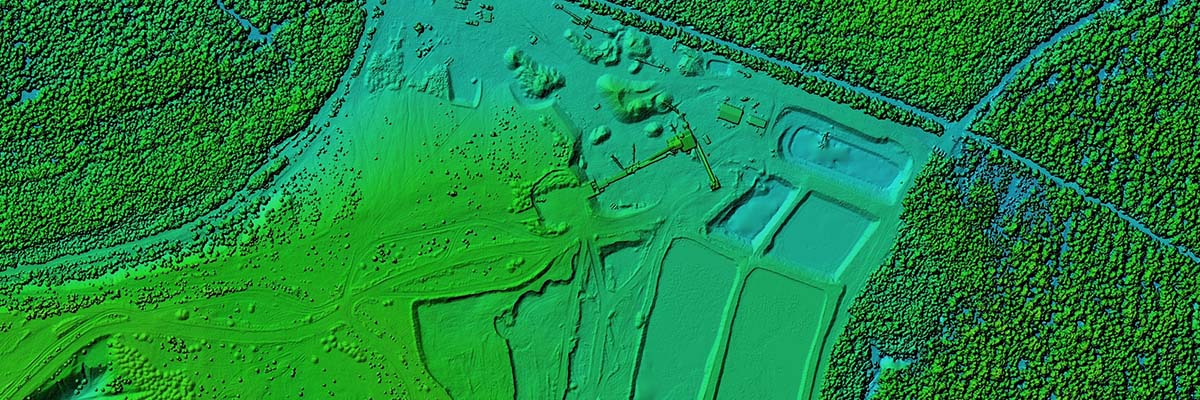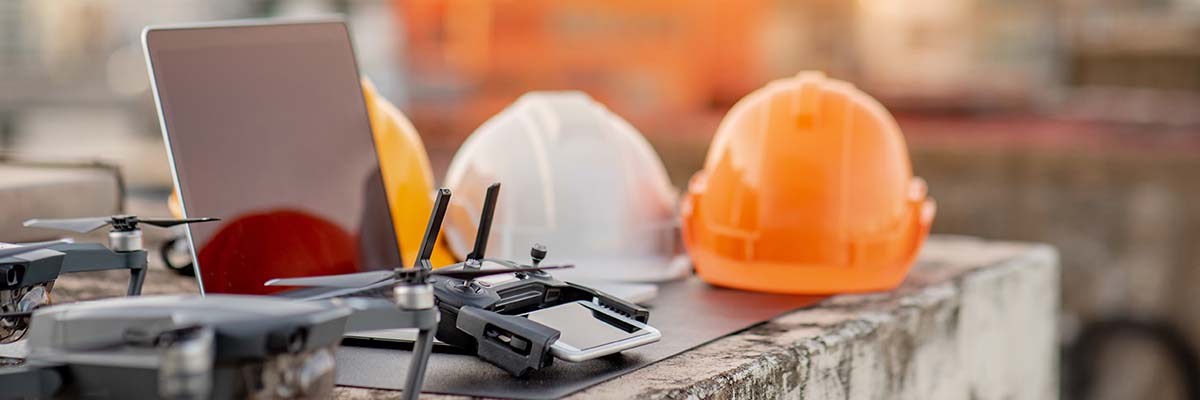
Unleashing Potential: The Expanding Horizons of Drone Pilot Opportunities
The drone industry is experiencing an exhilarating phase of evolution driven by technological advancements and an increasing demand for diverse applications. From agriculture to environmental monitoring, the capacity of drones is being harnessed to revolutionize industries, making the role of a drone pilot more crucial than ever.
Advancements and Specializations
Today’s drones are equipped with sophisticated sensors and capabilities that were unimaginable just a few years ago. Technologies such as LIDAR and multispectral sensors enhance the quality of data collected and expand the utility of drones across various fields. For instance, LIDAR technology is now being used in projects ranging from infrastructure inspection to agricultural management, offering precise measurements that were once costly and time-consuming.

The Crucial Role of Training and Standardization
As technology progresses, the need for specialized training and standardization becomes more evident. Drone pilots must navigate a landscape where professionalism and safety are paramount. Proper training ensures that drone pilots can handle complex payloads and execute missions effectively, maintaining safety and compliance with national airspace regulations.

Entrepreneurship and Niche Opportunities
The drone industry is not just about flying; it’s about identifying niches and seizing opportunities. Drone pilot entrepreneurs are finding that specialization, such as thermal sensing or precision agriculture, offers a competitive edge. Understanding the specific needs of these niches—whether it’s surveying crops for health issues or inspecting power lines—can lead to successful, scalable business models.
Specialization in Drone Services
Specialization allows drone operators to focus on sectors or applications where drones can provide significant value. For example, thermal sensing is a niche that has broad applications across various industries. In firefighting, drones equipped with thermal cameras can identify hotspots in a fire, even through smoke, making the operations more effective and safer for firefighting teams. The same technology can detect heat leaks or insulation weaknesses in building inspections.
- Precision Agriculture: Another compelling area of specialization is precision agriculture. Drones in this sector are equipped with sensors that measure factors critical to agriculture, such as soil hydration, pests or diseases, and crop health. By analyzing data collected by drones, farmers can make more informed decisions about where to apply water, fertilizers, or pesticides, optimizing resource use and potentially increasing yields while minimizing environmental impact.
- Surveying and Inspection: Surveying and inspection represent another niche where specialized drone operations are invaluable. Drones provide a unique advantage in inspecting hard-to-reach areas such as rooftops, wind turbines, and power lines, reducing the need for human climbers and thereby enhancing safety and reducing costs. The accuracy and efficiency of drones, combined with advanced imaging and data analysis, allow for detailed inspections that can be conducted more frequently and thoroughly than traditional methods.
Building Scalable Business Models
The key to turning these specialized drone applications into scalable business models lies in understanding the specific needs of the target niche. This involves not only technical proficiency with drone operations and the sensors used but also deep knowledge of the industry being served. For instance, knowing the agricultural cycles and critical issues affecting crops can position a drone pilot to offer timely and relevant services to farmers.
Furthermore, scalability often requires robust data handling and processing capabilities, as the value in drone operations frequently lies in the data and insights generated rather than just the raw footage or images. This could mean investing in or developing software that can process large datasets efficiently and deliver actionable insights.

Data Analysis: The Backbone of Drone Operations
At the core of drone technology lies the critical skill of data analysis. Successful drone operation hinges not just on gathering data but on effectively interpreting it to inform business decisions. For drone pilots, this means developing a keen eye for data quality and a robust understanding of data applications to deliver valuable insights to clients.
In practical terms, drone pilots must be adept at using various data analytics tools to process and analyze the data collected during flights. This might involve software capable of handling geographical information systems (GIS), image processing, and advanced algorithms for pattern recognition and predictive analytics.
The real value for businesses lies in transforming this data into actionable insights. For instance, in agriculture, drones equipped with multispectral sensors collect data that can help assess crop health, monitor drought conditions, or even predict yield. By interpreting this data effectively, pilots can provide farmers with precise information about where to allocate resources for irrigation or pest control, optimizing the use of inputs and potentially enhancing crop yields.
Moreover, in sectors like construction or infrastructure, drones collect data that can assist in monitoring progress, inspecting structures for maintenance, or even mapping out large areas quickly. The ability to analyze this data accurately enables businesses to keep projects on schedule, reduce costs, and adhere to safety standards.
To truly excel in this field, pilots need continuous education and training to stay updated with the latest tools and techniques in data analysis. This enhances their ability to deliver insights and positions them as integral to the decision-making chain in various industries.

Navigating Regulations and Preparing for the Future
As the industry grows, so does the complexity of regulations and airspace integration. Prospective drone pilots must stay informed about current and potential future regulations, such as those affecting certain drone technologies or brands. Being proactive and adaptable to these changes is crucial, as is advocating for favorable policies that support the growth of the drone industry.
The landscape of drone regulations often includes specific rules that vary by jurisdiction, covering aspects such as flight altitude limits, no-fly zones, privacy concerns, and even specific technology restrictions. For instance, some areas might have stringent regulations on the use of drones with particular capabilities, like facial recognition technology or night flying.
Staying ahead in this regulatory environment means drone pilots must be well-versed in the legalities affecting their technology and operational scope. It involves regular consultations with aviation authorities, participation in industry forums, and even engaging with policymaking processes to advocate for regulations that foster innovation while ensuring safety and privacy.
The adaptability to regulatory changes is crucial. For example, changes in regulations regarding drone flights near sensitive areas or during specific times can significantly affect operational plans. Pilots must be agile, ready to pivot their operational strategies and possibly even their business models based on new regulatory landscapes.
Moreover, advocacy plays a vital role. By actively participating in discussions with regulatory bodies and forming coalitions, drone pilots can help shape policies that are favorable to the industry’s growth. This proactive approach not only benefits individual businesses but can also drive broader industry advancements.

Insurance and Risk Management
Understanding the risks involved with drone operations and securing adequate insurance coverage is indispensable. Operators are advised to maintain policies that protect against potential liabilities, with a standard recommendation often being a minimum of $1 million in coverage.
Insurance for drone pilots is not just a regulatory requirement in many jurisdictions but a critical component of risk management in drone operations. Understanding the various risks associated with drone flights and securing adequate insurance is vital for several reasons.
Firstly, drone operations can be susceptible to accidents and mishaps, ranging from collisions with obstacles or other drones to technical failures that could cause property damage or personal injuries. Such incidents could lead to substantial financial liabilities. Insurance coverage helps mitigate the financial risk associated with these liabilities, ensuring that the pilot or the company can handle claims without facing financial ruin.
Secondly, the recommended minimum of $1 million in coverage is often stipulated to cover the costs associated with the worst-case scenarios, such as significant damage to property or severe injuries to individuals. Clients who hire drone operators for commercial services also often require this level of coverage, ensuring that their interests are protected in the event of an accident.
Moreover, having robust insurance coverage can enhance the credibility of a drone operator. Clients are more likely to trust and choose services from operators who are fully insured, knowing that their property and safety are safeguarded. This aspect is particularly important in industries like real estate, film production, or infrastructure inspection, where the potential for costly damages or litigation might be higher.
Insurance policies for drone operators typically cover several areas:
- Liability Insurance: This covers injuries or property damage caused by drone operations.
- Hull Insurance: This covers physical damage to the drone itself.
- Payload Insurance: This covers damage to equipment carried by the drone, such as cameras or sensors.
- Non-owned Aircraft Liability: This is important for companies that rent or lease drones rather than owning them outright.
Finally, the dynamic nature of drone technology and the evolving regulatory landscape mean that insurance needs can change. Operators must regularly review their policies to ensure they remain adequate as new technologies emerge and their operational scope expands.

The Path Forward
The future of drone technology is not just about technological advancements but also about integrating these systems into everyday business operations and national infrastructure. This integration demands more from drone pilots than technical skills—it requires a mindset that embraces continuous learning, flexibility, and a deep understanding of the ever-evolving technological landscape.
As the drone industry grows, the opportunities for trained, specialized drone pilots will only expand. Those ready to enter this dynamic field must be prepared not just to navigate but also to innovate and lead in the skies of tomorrow.

